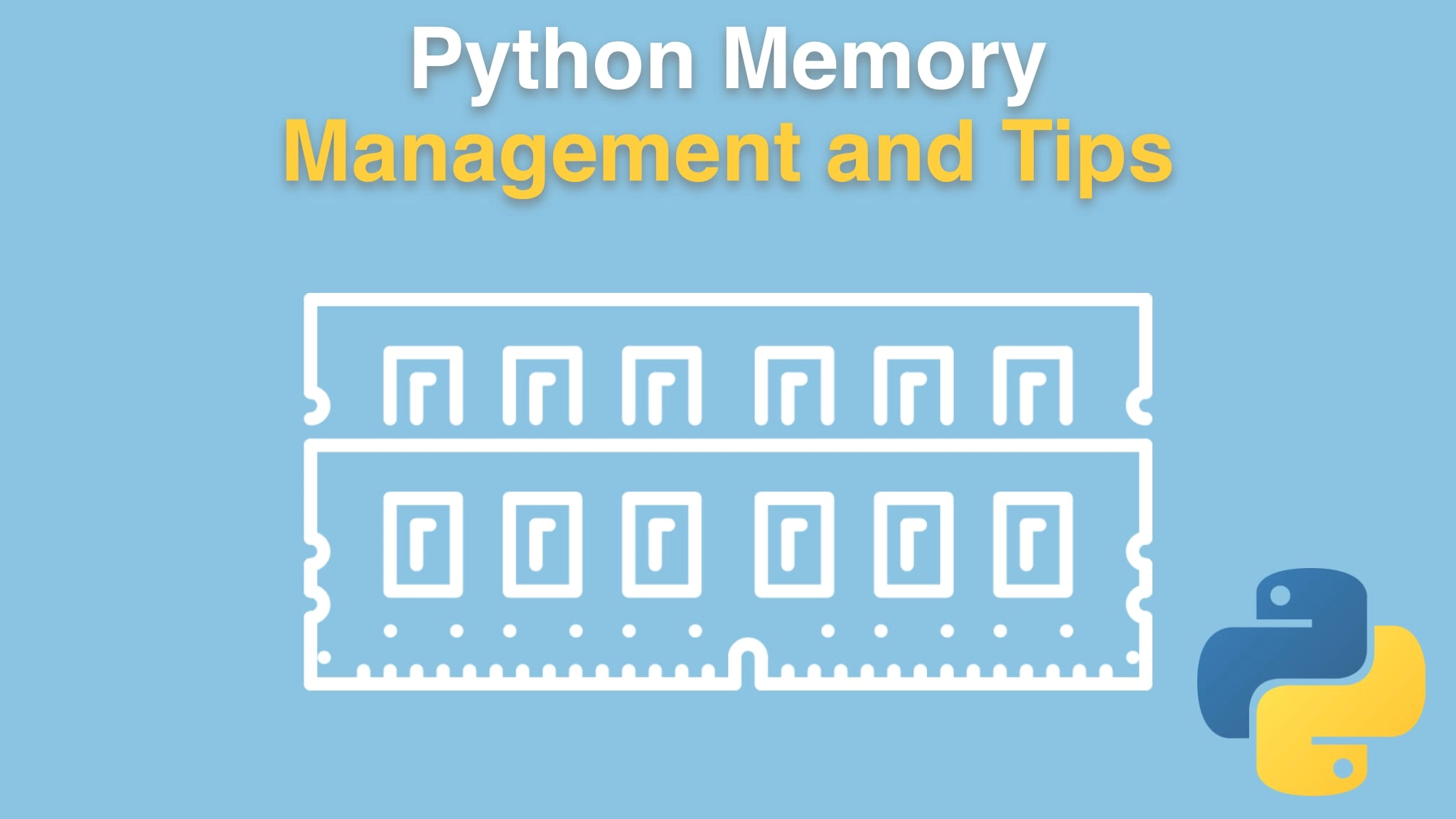Python Memory Management and Tips Transcripts
Chapter: Memory and classes
Lecture: Delayed fields with properties
Login or
purchase this course
to watch this video and the rest of the course contents.
0:00
Let's think about some of these things that we're working with here.
0:03
So, like full_name, we're storing "Sarah space Sampson" in memory for this p object, and we're also storing Sarah, and we're storing
0:13
Sampson. Wouldn't it be nice if we didn't have to store all that extra info? Same thing for age in years and yearly income and so on. So we can go
0:22
to our person object here, and we can change it a little bit. Let's make a not so naive, call this "PersonEfficient" like that,
0:33
and it's going to take the same inbound data, but instead of doing all of this, every one of these is gonna become a property.
0:40
You're probably familiar with the property, but they are functions that you put on the class
0:44
but they actually, from the consumption side, look like fields. So the important thing is this bit of code of nicely, just saying "p.full_name"
0:53
will not change, but how we store this stuff will. So let's just get cracking on here. Say "self.full_name" and in PyCharm we type "prop" and hit tab,
1:03
and it'll write much of this for you. And then we want to go down here and just say "return" now we gotta say "self.first and
1:11
self.last", and so on. And then what's this next one we want? Age in years? Alright, here we go. Prop, tab,
1:19
boom! Take all this. Instead of storing it, we're going to return it and this will be a "self.birthdate". Perfect.
1:30
We could even go to these and tell them that this is a string, this is an int, so that when we work with it, it's gonna be a little bit nicer.
1:39
What do we need, yearly income? Again, prop, tab, paste, and we come down here and we just return that, and we need a self.
1:48
Final one, years to retire. And there we have it. Let's do a little cleanup. So these things were only going to do that computation
2:04
when somebody asked for the years to retire or when they ask age in years or if they ask for the full name. If you don't ask for that,
2:11
we don't even run the code to create it. We also don't have to worry about the memory. Now, on the flip side,
2:17
if this is something you would create one and then ask for this 100 times you might create some kind of, like, cached memory of,
2:25
like, have I computed age in years? yes or no. If no, first compute it and then return it if it was expensive.
2:32
So there's always room for some kind of balance. But let's try, use this over here and see how that comes out. Do exactly the
2:41
same thing, but this time I'm gonna say person equals this thing, which We gotta import. Again, this is really weird, you would not normally do that.
2:50
But in this case, for a little demo, we could just, you know, swap out the type, and have exactly the same code run. You think it's gonna be better?
2:59
Think it's gonna be faster? Let's find out. So we did it up here, and it was, that number was 427 milliseconds and 32 megabytes!
3:10
Look at that! It's much faster. basically three times faster, and it used a third less memory. Wow wow wow. So that is pretty awesome.
3:21
And as you can see right here, the programming model is still the same. Hey, Sarah Sampson, let's review your retirement. Your 46 years old.
3:28
You currently make this much a year and all of these are the properties here, Okay? So, super, super cool and easy change.
3:35
You're probably familiar with properties, but I just want to make sure that you linked together
3:39
this idea of the property, which is this computer thing often used for validation. If you're going to set something,
3:45
you'll check that the variable gets set correctly, or you could use it for, like I talked about, cacheing only computed on demand,
3:52
but then store it, and then so on. So there's a lot of functionality behaviors that are interesting here. But there's also big memory implications,
4:00
because now we're only storing this data, and all of this is just on demand.
